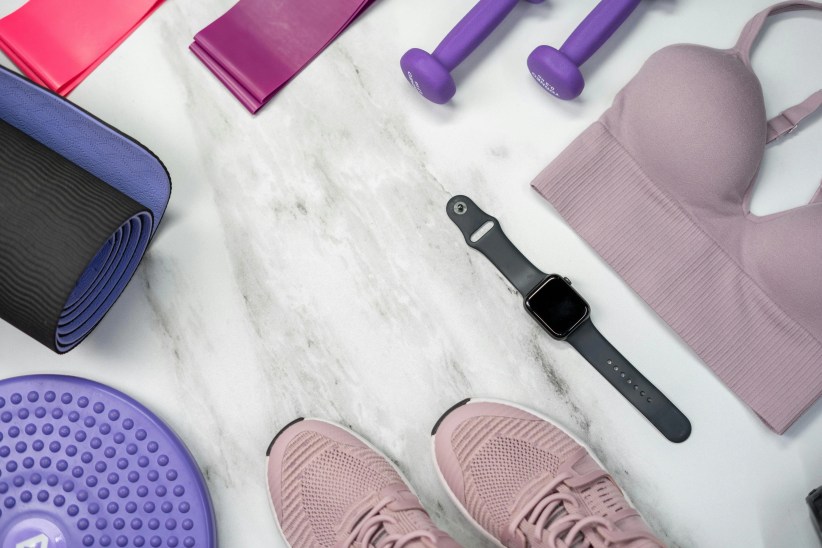Bringing home your new infant can be intimidating, especially driving in a car with a newborn. Here’s expert advice for new parents who are nervous about driving with infants, including car safety and checking your car seat for proper instillation.
I am a new parent who is nervous about driving with my child in the car. Can you offer advice?
Most parents meticulously prepare for their new arrival by spending hours test-driving strollers, shopping for a diaper bag, and designing the nursery. None of that comes close to the importance of choosing the right car seat and installing it correctly. After a lot of handholding and support, the hospital staff spits you to the curb with your fragile new bundle of joy. It’s now your job to get her home safely, but it’s not as scary as it sounds if you’re prepared.
First, not all car seats are created equal. Although they all must meet U.S. Federal Motor Vehicle Safety Standards, some are safer than others, and a high price doesn’t equal increased safety. Consumer Reports recently crash-tested more than 30 infant car seats ranging from $55 to $440, and the $55 seat—the Evenflo Discovery 5—earned a better crash-test rating than several more expensive seats.
Second, make sure the car seat is installed correctly. If you think this is tough, you’re not alone. The National Highway Traffic Safety Administration estimates that 3 in 4 car seats are installed incorrectly, putting millions of kids at risk in an accident. What’s more, NHTSA says that using the correct restraint reduces an infant’s chance of fatal injury by 71 percent. Some cars accommodate car seats better than others and a pair of Cars.com editors, who also are certified child passenger safety technicians and moms, install seats in nearly 100 test cars each year (find out how your car rates in our Cars.com Car Seat Checks).
Car seat manuals can be confusing, so after installing your car seat, get it checked by a certified installation technician. Even better, this invaluable service will cost you nothing. These installation pros spent more than 40 hours learning the ins and outs of car seats and will check yours for free. Often, your local police and fire stations will have an inspector on staff. Visit safercar.gov to find an inspector in your area.
After the seat is installed correctly, watch out for these common mistakes:
|
Lastly, stay focused on the road and prepare for a challenging ride. Some babies are lulled to sleep as soon as the car starts, but some don’t like to be held down and are not afraid to let you know it! Make sure your baby is changed and fed before strapping her in the car seat. If your baby is crying, try distracting him with music. Keep a bag handy with calming must-haves such as a pacifier or special blanket to minimize the meltdowns. When all else fails, pull over—give yourself and baby a break and try again when everyone is calm. Few things are more distracting than a wailing baby. Most importantly, remove all distractions from the front seat. There will be plenty of time to post baby’s first Facebook pic when you’re safely at home.






















